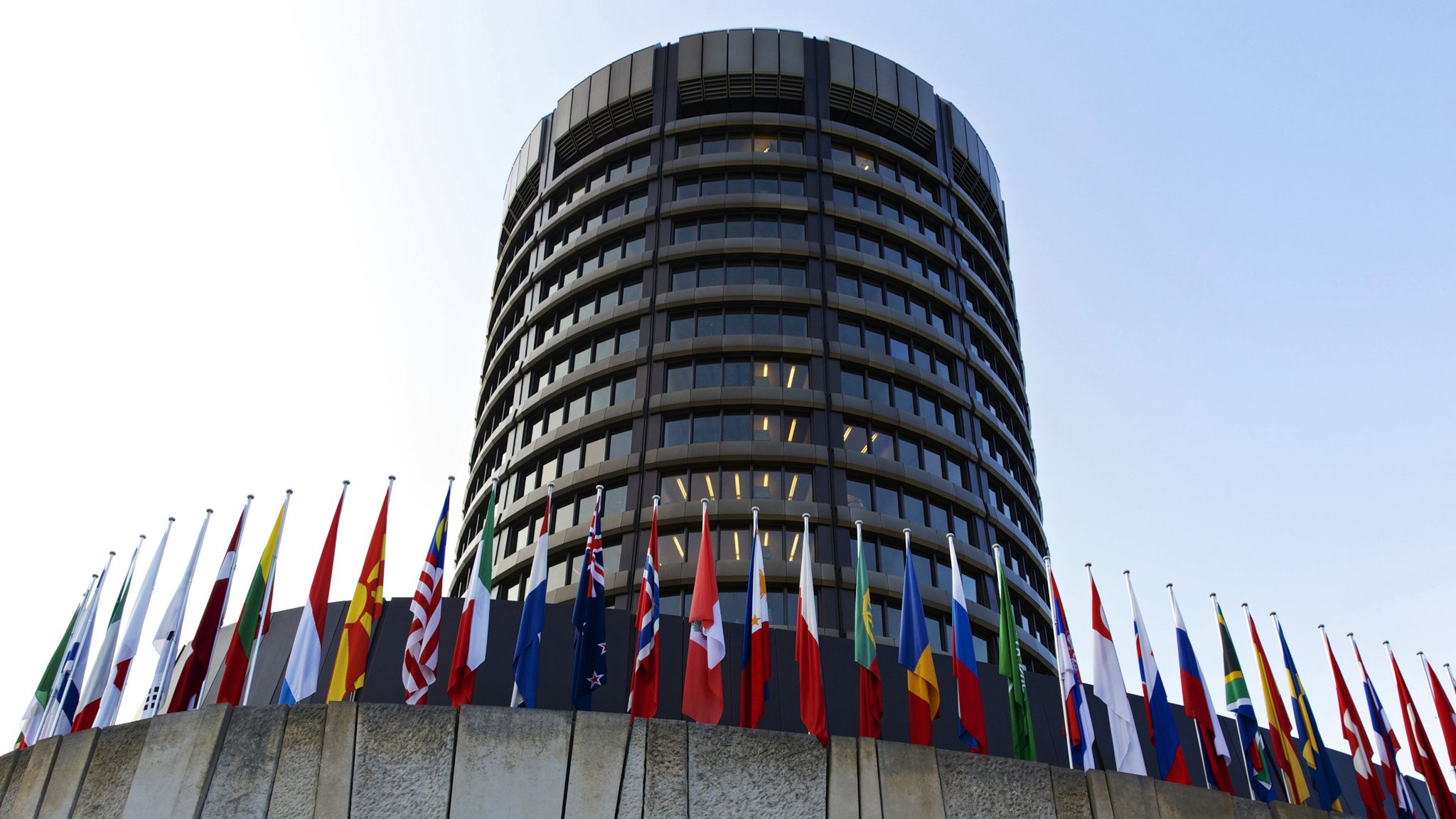Tensions Rise as Global Financial Body Pushes for Tighter Crypto Oversight
20.04.2025 10:00 2 min. read Alexander Stefanov
A new report by the Bank for International Settlements has reignited the clash between traditional financial authorities and the crypto world.
Framed as a call to limit the potential risks of digital assets infiltrating conventional markets, the BIS paper has not gone down well with Web3 advocates.
Rather than proposing a ban, the BIS suggests a regulatory firewall between crypto and traditional finance, fearing spillover effects as DeFi platforms increasingly mimic the functions of banks and asset managers.
The report points to risks hidden beneath crypto’s transparent surfaces—such as scams, user confusion, and anonymity-driven recklessness—as reasons for stricter oversight. It even questions whether the open nature of blockchain actually improves clarity for users.
These suggestions have triggered fierce pushback. Critics argue that the BIS misunderstands how DeFi works. CoinFund’s Christopher Perkins slammed the recommendations as not only out of touch but harmful, warning that such restrictions could amplify the very instability regulators aim to avoid.
He emphasized that open-source code is inherently more transparent than the traditional financial machinery BIS seeks to protect.
Others, like Curve’s founder Michael Egorov, offered less nuance—flatly rejecting the BIS stance with a call to boycott.
As DeFi weaves deeper into the fabric of global finance, the gap between institutional oversight and crypto-native values appears wider than ever. What one side views as risk, the other sees as progress. And for now, there’s little sign of either backing down.
-
1
U.S. Senate Advances Stablecoin Bill After Bipartisan Breakthrough
21.05.2025 18:00 1 min. read -
2
Pakistan to Launch National Crypto Authority for Digital Asset Oversight
23.05.2025 13:00 2 min. read -
3
Florida Pushes for Zero State Tax on Crypto and Stock Gains
26.05.2025 21:00 1 min. read -
4
U.S. Lawmakers Push Forward with Crypto Regulatory Reform
31.05.2025 15:00 1 min. read -
5
SEC Is Backing Away from Memecoin Regulation – Here’s Why
01.06.2025 15:00 2 min. read
Russia Hits Pause on Expanding Crypto Mining Restrictions
In a surprising shift, Russia has shelved plans to widen its crackdown on crypto mining, choosing economic stability over stricter energy controls.
FCA Considers Opening Crypto ETNs to UK Retail Investors
Retail investors in the UK may soon gain access to crypto exchange-traded notes (ETNs), as the Financial Conduct Authority weighs reversing a three-year ban.
Crypto Bill Sparks Uproar Over Trump Ties and Regulatory Conflicts
A recent congressional hearing meant to advance digital asset regulation instead erupted into political controversy, as lawmakers questioned whether former President Donald Trump could personally benefit from the proposed CLARITY Act.
South Korea Elects Pro-Crypto Leadership, Paving Way for Digital Asset Reforms
South Korea’s presidential race ended with a decisive win for Lee Jae Myung, who secured 49.42% of the vote on June 4, 2025.
-
1
U.S. Senate Advances Stablecoin Bill After Bipartisan Breakthrough
21.05.2025 18:00 1 min. read -
2
Pakistan to Launch National Crypto Authority for Digital Asset Oversight
23.05.2025 13:00 2 min. read -
3
Florida Pushes for Zero State Tax on Crypto and Stock Gains
26.05.2025 21:00 1 min. read -
4
U.S. Lawmakers Push Forward with Crypto Regulatory Reform
31.05.2025 15:00 1 min. read -
5
SEC Is Backing Away from Memecoin Regulation – Here’s Why
01.06.2025 15:00 2 min. read


